

Invited Case Study Papers are selected by members of the Case Study Committee based on proposals submitted by AAEA members. Papers presented in this session demonstrate how the application of economics principles to decision making in the public and/or private sectors lead to better decisions. Papers presented in this session may be published in the proceedings issue of the American Journal of Agricultural Economics.
The potato seed industry is especially influenced by pressure from various diseases. Seed potato production is often geographically separated from the production of commercial potatoes because of disease concerns. Major seed potato producing states also have seed certification programs to ensure that seed potatoes have disease profiles below certain tolerances. This case study presents data, analysis, and discussion of one seed potato producer’s decision regarding GE seed potato adoption. We discuss trade-offs between known and new varietal characteristics and corresponding production and market risk, and explore how risk tolerance plays a role in adoption decisions.
Authors: Kate B. Fuller, Montana State University; Gary W. Brester, Montana State University
This case study of the Elk River chemical spill in West Virginia in 2014 demonstrates the use of synthetic controls to statistically test for longer term causal effects from a water quality crisis. The authors investigate macro-economic growth effects and health effects from the disaster. This case study demonstrates the synthetic control method for a graduate student audience in applied economics and is applicable to many agricultural and environmental economic policies or events. This case study will be presented with accompanying code and teaching notes for a graduate student audience to learn these statistical methods to analysis of other relevant policies or events and as a teaching tool for graduate course instructors.
Author: Todd Guilfoos, University of Rhode Island
This case study will contribute to a better understanding of the risks and opportunities that a prospective orange grower faces. Students are given the inputs needed to quantitatively evaluate the economic feasibility of planting a new orange grove. In addition, the case provides a comprehensive description of risks and opportunities in this industry. The major source of risk is citrus greening, while opportunities include (a) planting program incentives and income tax savings, and (b) consumption trends and new food labeling regulations.
Authors: Carlos O. Trejo-Pech, The University of Tennessee, Knoxville; Thomas H. Spreen, University of Florida; Marisa L. Zansler, Florida Department of Citrus
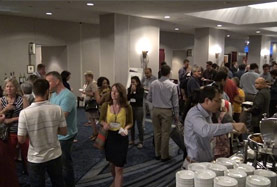
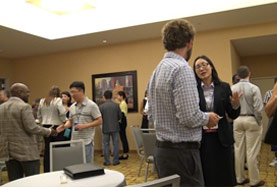
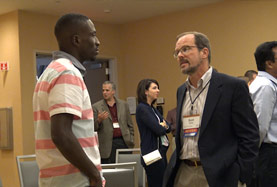
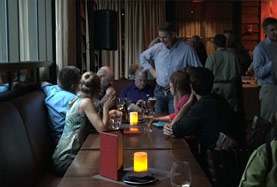
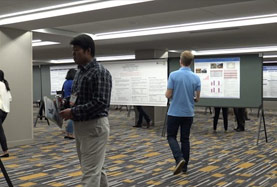
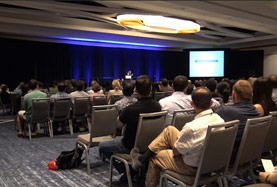
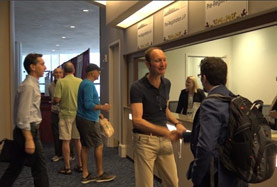
Become a Sponsor or Exhibitor for #AAEAChicago17 - Learn how